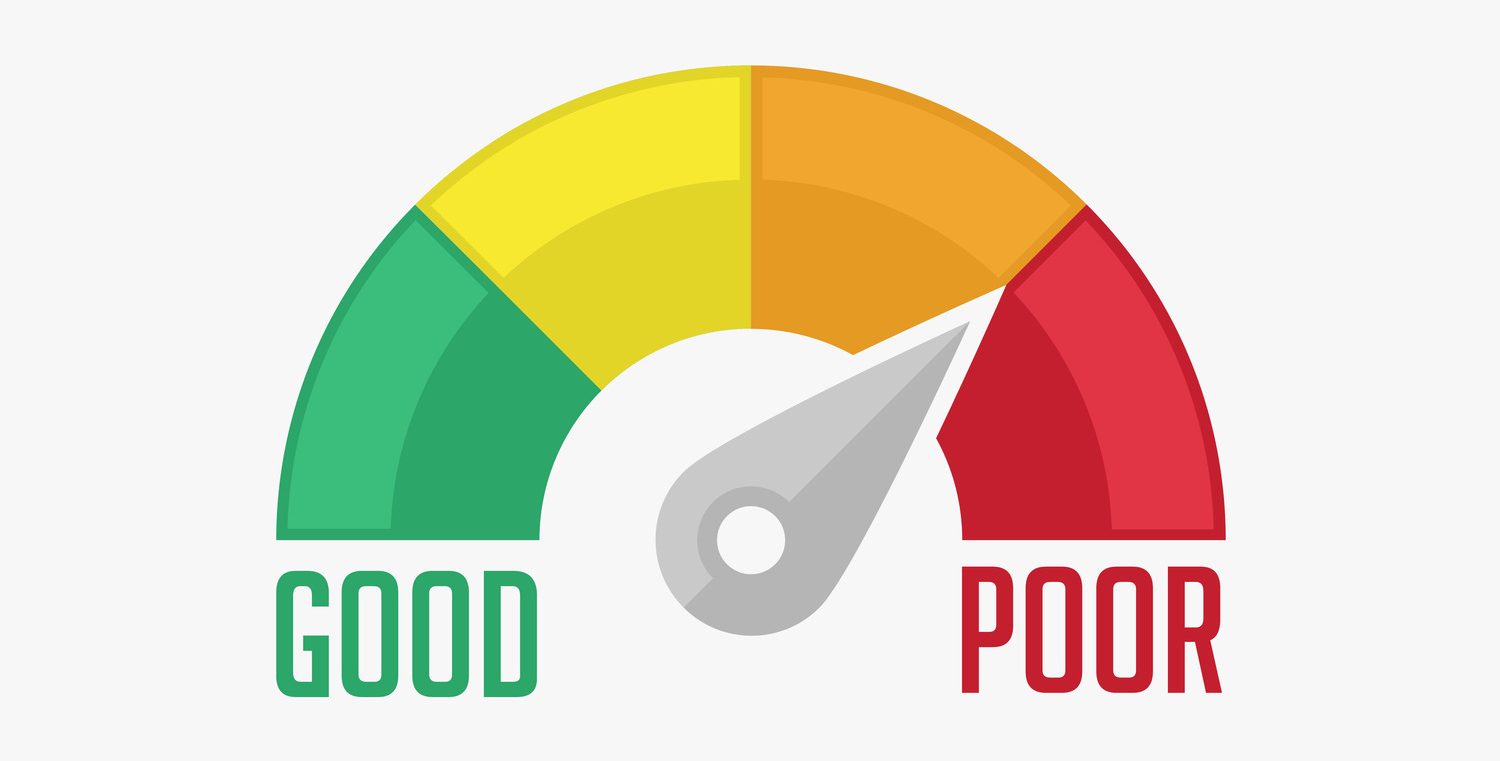Table Of Content
Your payment history plays a major role in determining your credit score, reflecting whether you’ve made payments on time or missed them.
Late payments can significantly impact your credit score, potentially lowering it by as much as 180 points. These missed payments may also stay on your credit report for up to seven years.
However, most lenders report late payments to credit bureaus once you are 30 days past due, meaning that your credit score may not be impacted if you make payment within this timeframe. Nonetheless, you may still be subject to a late fee even if you pay within 30 days.
In this article, we will explore how missed or late payments can affect your credit score.
How Do Missed Payments Affect Your Credit Score?
Missed payments can have a significant impact on your credit score. Payment history is one of the most important factors in determining your credit score. It accounts for 35% of your FICO credit score and includes information on whether you have made payments on time, missed payments, or had any accounts in collections or bankruptcy.
The severity of the impact will depend on several factors, including how late the payment is, the amount of the payment, and the overall history of your credit accounts. Here's a breakdown of how late payments can affect your credit score:
- 30 days late: A payment that is 30 days late is typically the first missed payment that gets reported to the credit bureaus. This can result in a drop in your credit score, but the impact is usually not severe.
- 60 days late: If a payment is 60 days late, the impact on your credit score will be more significant. The later the payment, the more damage it will do to your credit score.
- +90 days late: If a payment is more than 90 days late, it will be reported to the credit bureaus as a delinquent account. This can have a severe negative impact on your credit score and can remain on your credit report for up to 7 years.

How To Know If I Missed A Payment?
There are several ways to know if you missed a payment:
Check your account statements: The most obvious way to know if you missed a payment is to check your account statements. If you see that a payment has not been made on time, it is likely that you missed a payment.
Look for past due notices: Many creditors will send past due notices to remind you that a payment is late. These notices may be sent by mail, email, or through your creditor's online portal.
Check your credit report: Late payments will be reported to the credit bureaus and will appear on your credit report. You can check your credit report for free once a year through AnnualCreditReport.com.
If you realize you’ve missed a payment, it’s crucial to act quickly. Reach out to your creditor, explain the situation, and try to work out a repayment plan that suits both parties. Being proactive can help you avoid extra fees or penalties and minimize the impact on your account.
Sign Up for
Our Newsletter
and special member-only perks.
Sign Up for
Our Newsletter
and special member-only perks.
When Does it Show up on Your Credit Report?
A payment typically shows up as late on credit reports once it is 30 days past due. This is because most creditors report late payments to the credit bureaus once they are 30 days past due.
If you miss a payment deadline, it's important to try to make the payment as soon as possible to avoid it being reported as late on your credit report. If you are unable to make the payment in full, contact your creditor to discuss your options for payment arrangements or payment plans.
It's important to note that some creditors may report late payments later than the 30-day mark. Additionally, the impact of a late payment on your credit score will depend on several factors, such as the length of time the payment is past due, the amount of the payment, and your overall credit history.
How Long It Affects Your Credit Report?
Late payments can stay on your credit report for up to 7 years from the date of the missed payment. This includes any late payments that were reported to the credit bureaus, whether they were 30 days late or more.
The impact of a late payment on your credit score will lessen over time as it gets older, but it can still be a factor in credit decisions made by lenders and other financial institutions.
It's important to note that some credit scoring models may weigh late payments differently based on the severity and recency of the late payment. For example, a recent missed payment may have a more significant impact on your credit score than a missed payment that is several years old.

Can You Remove Late Payment Credit Ceport?
Unfortunately, unless it's an error or a mistake – there is no way to remove the late or missed payment from your credit report.
There are companies that “specialize in credit repair” and claim that they may be able to remove late payments from your credit report for a fee – keep in mind this is not possible, and moist chances it's a scam.
How To Avoid Late Payments?
Here are six ways to avoid late or missed payments:
Set up automatic payments: One of the easiest ways to avoid late payments is to set up automatic payments. Many creditors allow you to set up automatic payments through their website or mobile app, which can help ensure that payments are made on time each month.
Set payment reminders: If you prefer to make payments manually, consider setting payment reminders through your calendar, email, or phone alerts. This can help ensure that you remember to make payments before the due date.
Create a budget: Creating a budget can help you better manage your finances and ensure that you have enough money to cover all of your expenses each month, including your debt payments.
Consider consolidating your debts: If you have multiple debts with different payment due dates, consider consolidating them into one loan or credit card. This can simplify your payments and make it easier to manage your finances.
Contact your creditors: If you are experiencing financial difficulties and are unable to make payments on time, contact your creditors as soon as possible. They may be able to work with you to create a payment plan or modify your payment due dates to better align with your income.
FAQs
Is a late payment a missed payment?
Usually, a late payment is not necessarily a missed payment, but it can become a missed payment if it is not made within 30 days after the due date.
How do i find out who reported a late payment?
You can find out who reported a late payment by checking your credit report. Your credit report will include information on all of your creditors, including the name and contact information for each creditor.
How long are late or missed payments on credit report?
Late or missed payments can remain on your credit report for up to 7 years from the date of the missed payment.
Does a 7 day late payment affect credit score?
A 7-day late payment may not have a significant impact on your credit score, but it is still important to make payments on time to avoid any negative impact on your credit history.
Is there a meaning to the exact number of days I missed?
The exact number of days you missed may not have a specific meaning, but the longer a payment is overdue, the more it can impact your credit score and creditworthiness.
Sign Up for
Our Newsletter
and special member-only perks.
Sign Up for
Our Newsletter
and special member-only perks.



